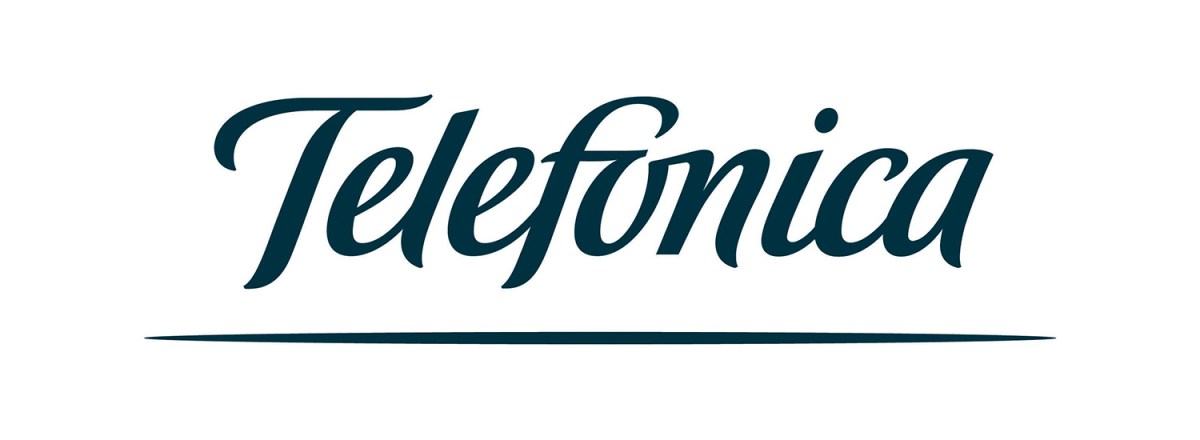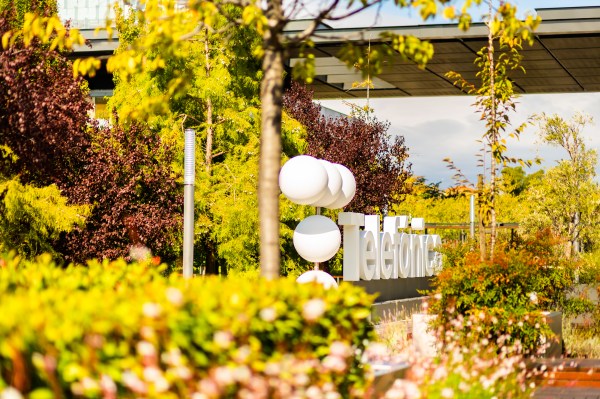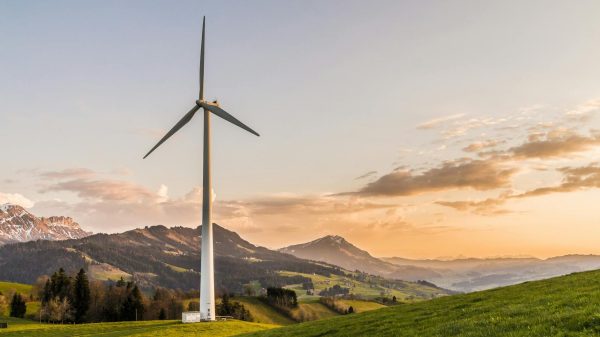- Telefónica’s COO opens the 11th Global Workshop on Energy and Climate Change organised by the telecommunications company
- Telefónica’s commitment is reinforced with the objective of achieving zero net emissions in 2025 to go beyond the Paris Agreement
- Telefónica has implemented 1,050 energy efficiency projects in the last decade which have resulted in accumulated savings of 760 million euros
Madrid, 17th November 2020. – Telefónica’s COO, Ángel Vilá, opened this Tuesday the 11th Global Workshop on Energy and Climate Change organised by the telecommunications company. In his speech, he emphasised Telefónica’s announcement of bringing forward its goal of zero net emissions to 2025, thereby redoubling its commitment to sustainability by going beyond the Paris Agreement.
During his intervention, he recalled that Telefónica has been helping to build a more sustainable society for more than a decade and is a pioneer in tackling the energy transition and the digital transformation. “We are part of the solution to the climate emergency by relying on our networks and Eco Smart services”, he said.
“The digital transformation is the way forward”
In this sense, he reviewed the achievements that Telefónica is reaping in favour of a more sustainable world. He highlighted that the company has halved its carbon emissions since 2015, that electricity consumption is 100% from renewable sources in the group’s main markets (Spain, Brazil, Germany and the United Kingdom), that Telefónica was the first telecommunications company to issue a green bond or that in 2019 alone it helped its customers avoid 3.2 million tonnes of carbon with its Eco Smart services worldwide.
Ángel Vilá also stressed that the new challenges arising from the pandemic reinforce the link between digitalisation and sustainability. “The digital transformation is the way forward”, he said. And he added: “We must tackle an economic and social recovery and take advantage of this opportunity to build a greener and fairer economy for all”.
Vilá specified that digitalisation is synonymous with growth, quality employment, sustainability and inclusion. Specifically, the contribution of digitisation to the Gross Domestic Product (GDP) could be between 1.5 and 2.5 percentage points per year by 2025. One segment that may be particularly favoured is that of SMEs, which can benefit from Eco Smart solutions to reduce their energy or water consumption and CO2 emissions and boost the circular economy. By 2025, Telefónica’s customers will avoid emitting five million tonnes of CO2 a year in the four main markets in which it operates.
Environmental criteria at the centre
In addition, he considered “essential” to put environmental criteria at the centre. “In our case, this means taking them into account in the design of the networks, in the products we develop, in each purchase, in each investment”, he acknowledged.
Vilá gave as an example the work being done in Spain, where the copper network will have been replaced 100% with fibre by 2025. Telefónica is also on the way to switching off 2G and 3G networks and becoming a leader in the implementation of 5G. These advances translate into considerable advantages. “Fibre is 85% more energy efficient than copper and this efficiency is even greater with 5G. Furthermore, the benefits of 5G go beyond efficiency. It is capable of creating social value in 11 of the 17 United Nations Sustainable Development Goals. Telefónica wants to make the most of this power by taking it to every corner, rural areas or cities, SMEs and large companies, so that the digital future can be translated into opportunities for everyone”, said Vilá.
This aim reinforces the objective of building an inclusive and sustainable digitalisation, as reflected in the Digital Pact proposed by Telefónica. “We believe that the networks and infrastructures allow communities to grow and progress, improving their quality of life”, he concluded to highlight the company’s commitment.
Initiatives based on nature
During the 11th Global Energy and Climate Change Workshop, Telefónica will also review its decarbonisation targets. In the last decade, the company has implemented 1,050 energy efficiency projects that have resulted in accumulated savings of 760 million euros. And its new commitment is to reduce its energy consumption per unit of traffic (MWh/PB) by 90% by 2025.
This proposal is key to achieving the goal of zero emissions in the same year. In order to reduce its carbon footprint as much as possible, it will continue to invest in renewable energy and “neutralise” the rest of the emissions with CO2 absorption projects, preferably based on nature, which have the most reliable certificates and added value (generation of employment and biodiversity). For example, initiatives in the Mediterranean forest to plant native species with drones or intelligent seeds, or in the Brazilian Amazon, where sustainable agriculture and forest conservation will be promoted to protect flora and fauna.
#ConnectedtothePlanet
More information about Telefónica and climate change:
https://www.telefonica.com/en/sustainability-innovation/environment/energy-and-climate-change/







